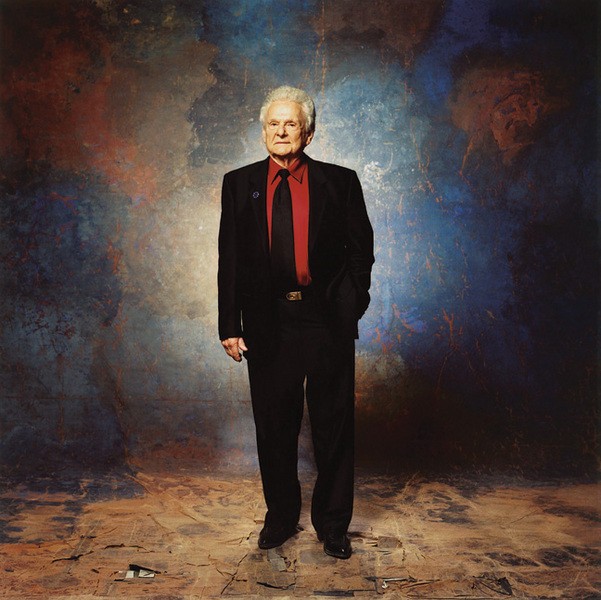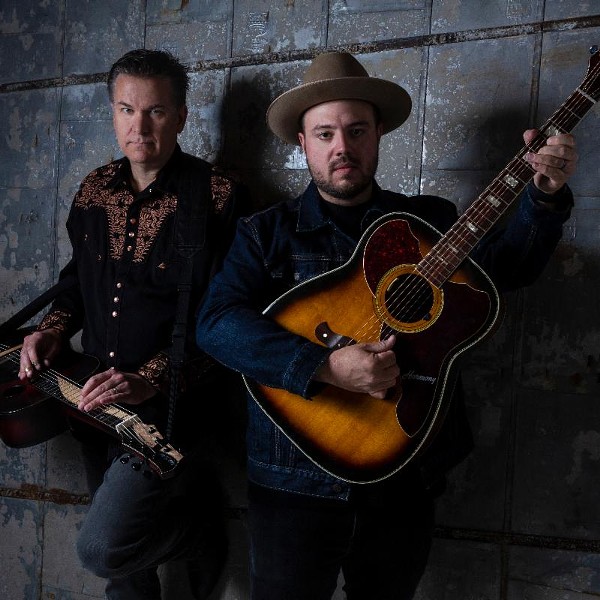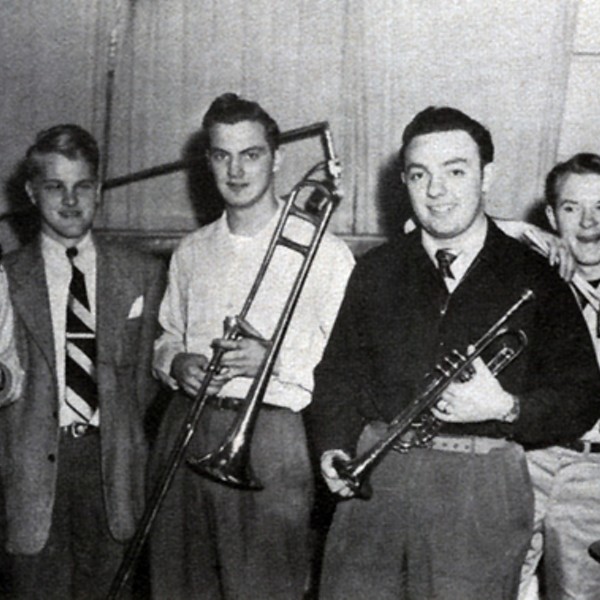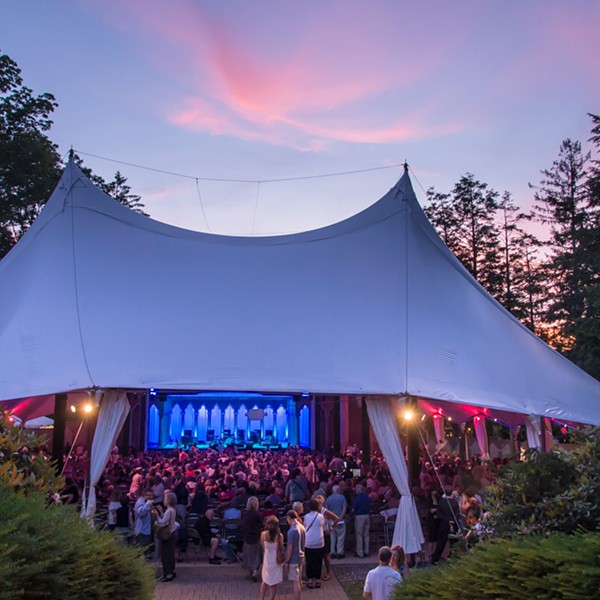Ralph Stanley’s importance to American music can’t be overstated. With the passing of Bill Monroe in 1996 he became the living king of bluegrass, and in 2000, thanks to his Grammy-winning performances on the hit soundtrack of the film O Brother, Where Art Thou?, experienced a late-in-life career renaissance of fairy-tale proportions (he won a second Grammy in 2003 for Best Bluegrass Album). Born in Virginia in 1927 and schooled by his mother in the clawhammer banjo technique, Ralph began performing in a duo with his late brother, Carter Stanley, with whom he formed the Clinch Mountain Boys in 1946. While mentoring future stars Ricky Skaggs and Keith Whitley, he’s toured the world and continues to be among bluegrass’s most influential artists, virtually defining the music’s “high lonesome” sound.
Mandolinist Ron McCoury, the son of another bluegrass legend, Del McCoury, leads the Travelin’ McCourys, who’ve shared their jazz-influenced skills with Phish, Vince Gill, and the Allman Brothers. For the Bethel Woods show they’ll be joined by the great Dan Tyminski, who sang lead on O Brother, Where Art Thou?’s “Man of Constant Sorrow.” Called “the new queen of bluegrass” by the Wall Street Journal, singer and fiddler Rhonda Vincent has been named Female Bluegrass Artist of the Year for seven consecutive years by the International Bluegrass Music Association and is revered for her hard-driving, high-energy style. The sextet Cherryholmes was formed in 2001 and is one of the hottest acts on the festival circuit, releasing six albums (three on Ricky Skaggs’s Skaggs Family label) and bringing bluegrass’s Celtic lineage to the fore via interludes of Irish step dancing.
The Bethel Woods Bluegrass Jamboree, featuring Ralph Stanley and the Clinch Mountain Boys, Travelin’ McCourys and Dan Tyminski, Rhonda Vicent, and Cherryholmes, takes place at the Bethel Woods Center for the Arts on August 22 at 2pm. Tickets are $39, $19, and $15. (845) 292-1351; www.bethelwoodscenter.org.

















